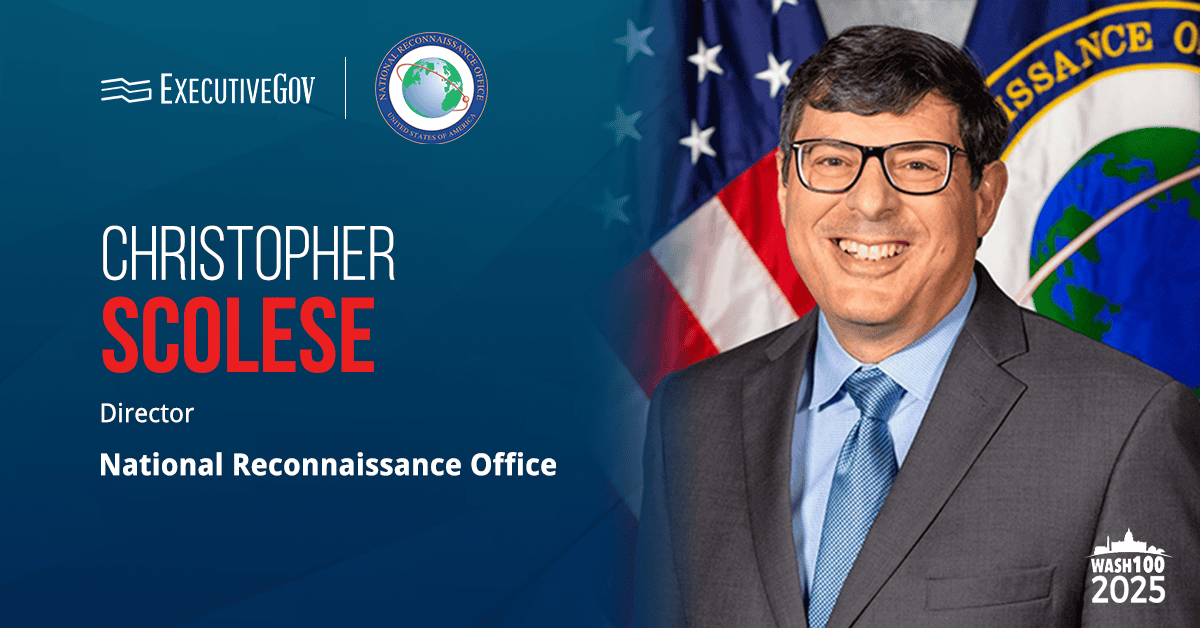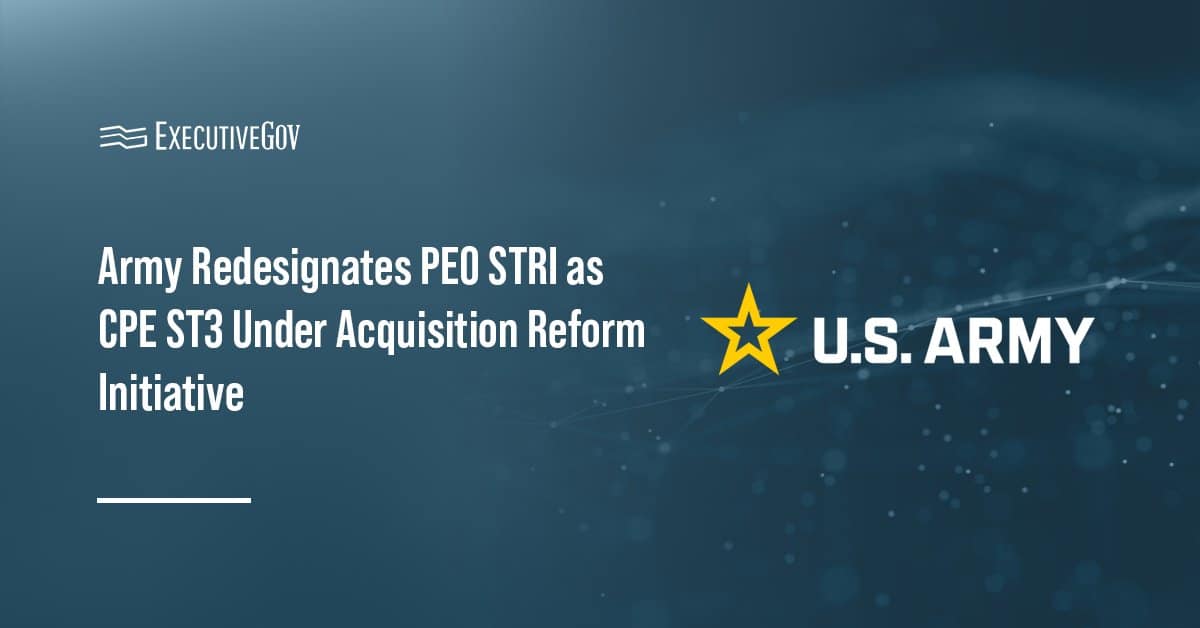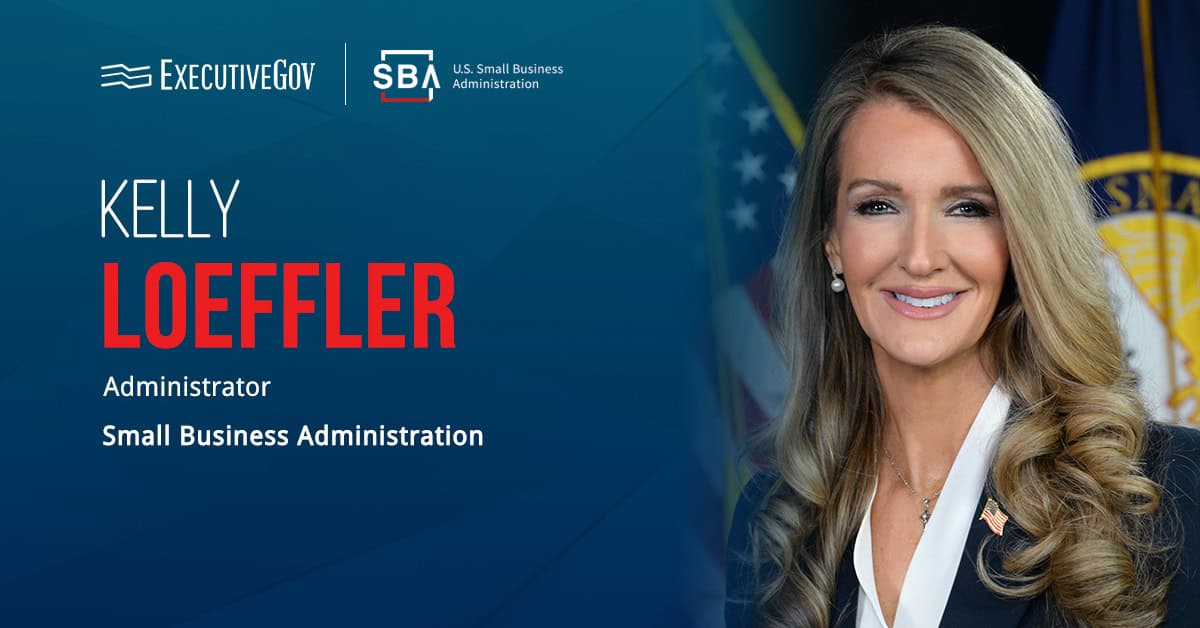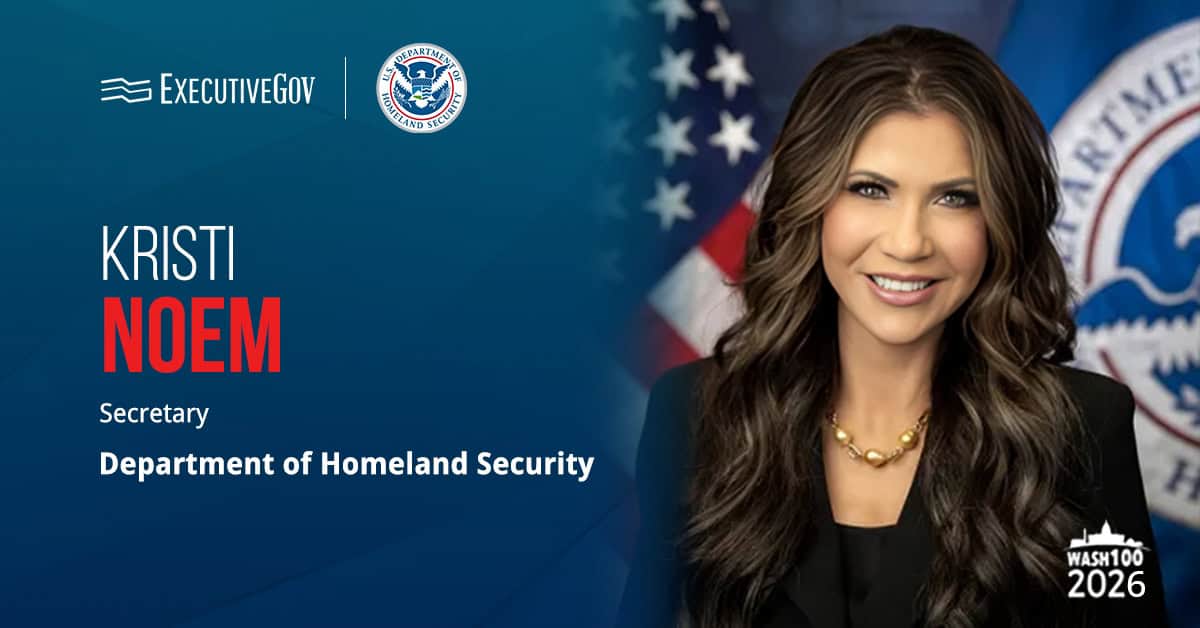National Reconnaissance Office Director Chris Scolese, a five-time Wash100 Award recipient, said the agency is focused on accelerating the delivery of space-based intelligence, surveillance and reconnaissance through innovation and a growing satellite architecture. Speaking at the Intelligence and National Security Summit, Scolese emphasized that NRO must deliver information “at the speed of need” to maintain America’s information advantage.

The Potomac Officers Club’s 2025 Intel Summit will bring together top intelligence officials, policymakers and industry leaders to address emerging threats, disruptive technologies and the future of national security. Register now to secure your spot at this premier intelligence community event.
Table of Contents
Expanding a Proliferated Architecture
Over the past 30 months, NRO has launched more than 200 satellites as part of its proliferated architecture. The expanded constellation is designed to shorten revisit times and ensure users receive information when it is most needed.
“This allows us to revisit the target faster, so we’re delivering the information that the user needs within the time span that the user needs it,” Scolese said.
The architecture is also intended to boost agility and resilience. “We are constantly looking at our sensors to make sure they can’t be jammed, that we can deliver the data through all phases of conflict,” the NRO director.
Cybersecurity as Top Priority
Scolese identified cybersecurity as his highest priority, pointing to the challenges of defending systems against low-cost but high-impact cyber threats.
“Cyber is the one area where the cost of admission is cheap,” he said. “We’re investing in it and appreciate ideas from industry on how we can be more effective and protect our systems.”
The director also underscored the importance of workforce empowerment in sustaining innovation. “Our people have great ideas, and we need to let them go off and do those things,” Scolese said.
The summit, co-hosted by the Intelligence and National Security Alliance and AFCEA International, brought together more than 2,000 participants from government, industry and academia.





